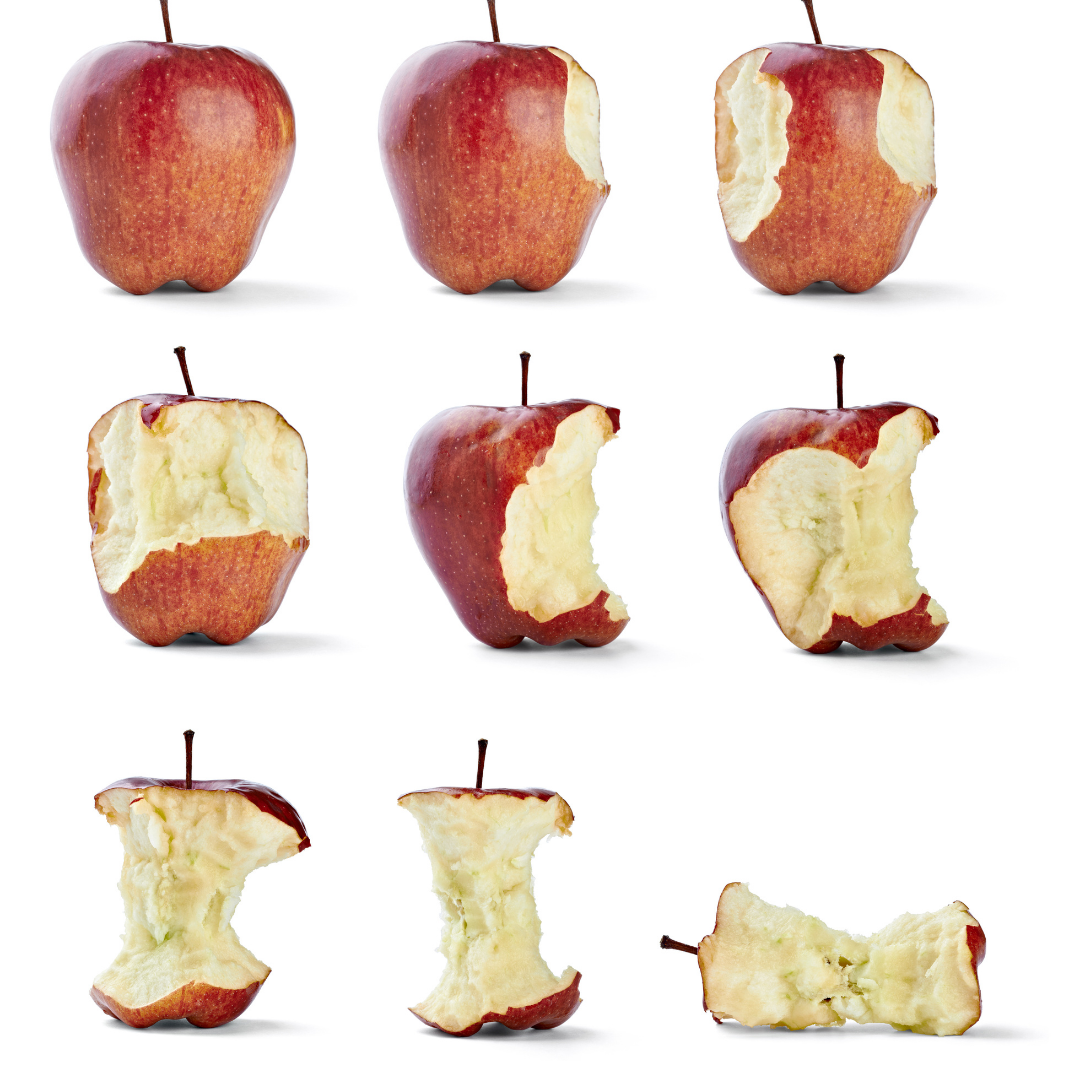Horace Who? The importance of chewing
Oct 3, 2020
Posted by: Monique Parker

Have you ever heard of Horace Fletcher?
I recently found out about this intriguing man and I was fascinated by his story. How could you not be fascinated by someone with the nickname ‘The Great Masticator’….
Horace Fletcher (1849-1919) was an American businessman, artist, and writer, with a great interest in nutrition. Fletcher argued that food had to be chewed until it was liquid before swallowing it. He went as far as saying that his mastication system would make you stronger and would decrease the amount of food you eat to prevent overeating and weight gain.
Modern research has actually shown that increasing the number of chews before swallowing reduces the amount of food you eat.
It probably doesn’t surprise you to hear that Fletcher came up with his mastication system because he suffered from indigestion and was overweight.
Fletcher’s mastication system became very popular, and known as ‘Fletcherism’ that, in Fletcher’s words, would change “a pitiable glutton into an intelligent epicurean”. For years the Great Masticator and his many followers advocated the chewing, even for liquid food, so it would mix better with saliva. In 1913 he published a book called ‘Fletcherism: what it is or how I became young at sixty’.
So why is chewing so important?
We all need nutrients to function and our digestive system helps our body to get these nutrients by breaking down food so we can absorb them. Digestion of food starts in your mouth the moment you take your first bite of food. Some foods are broken down in smaller pieces more easily than others. Compare eating a strawberry versus a nut for instance.
The smaller the food particles, the easier the absorption of nutrients.
Chewing stimulates the release of saliva, the watery fluid in your mouth that contains about 98% water and important substances such as electrolytes, mucus, antimicrobial agents and, very important for digestion, enzymes like amylase and lipase. And that’s not all, chewing also stimulates nerves to send signals to the stomach, gall bladder and pancreas, to warn them that there is food on the way, so that they can do their job in the process of digestion. Not chewing your food well can cause indigestion, bloating, heartburn, low energy etc.
Apart from chewing well, Fletcher also advised not to eat when you do not have a good appetite or while sad or angry, and to savour the taste of the food as much as possible.
This all reminds me very much of mindful eating, where you pay attention to your food with all your senses, including savouring the taste and texture of food.
Mindless eating often leads to overeating or unhealthy food choices. Comfort eating is a good example of this. Often there is no feeling of hunger but just a desire to feel better or manage stress: emotional hunger versus physical hunger.
Mindful eating can help people be more aware of the triggers to eating and could change bad eating habits, as it is not just about what you eat, but why you eat and how you eat, i.e. how well you chew your food. It is great to see that Fletcher’s practice is being advocated again in our modern society.
Being a nutritionist, I cannot omit one other fact about Horace Fletcher, and that is his interest in human poo. Fletcher believed someone’s faeces were the only true indication of their nutrition. No smell and no sign of bacterial decomposition would be a sign of good health and nutrition. Nutritionists often use stool tests to get an indication on digestion and absorption of nutrients. Again, Fletcher was ahead of his time.
"Nature will castigate those who don't masticate" – Horace Fletcher






